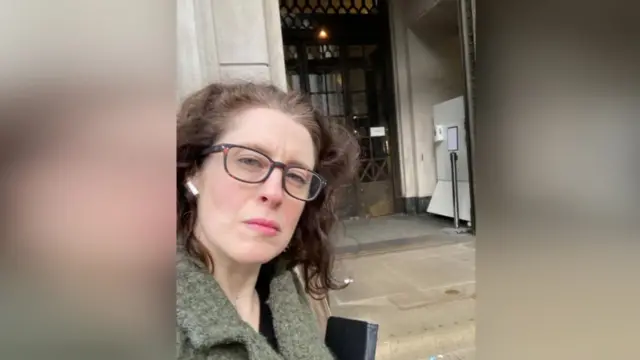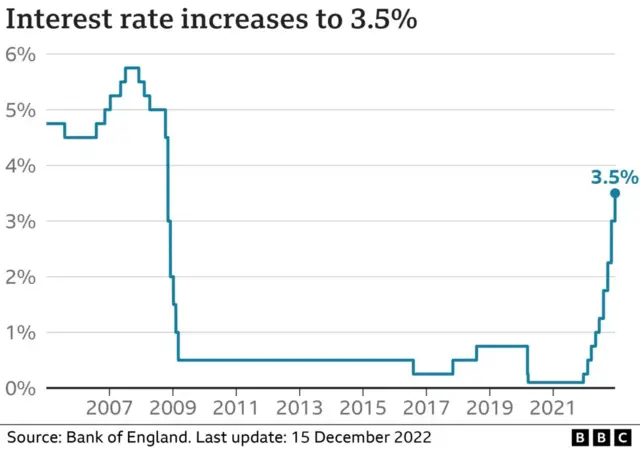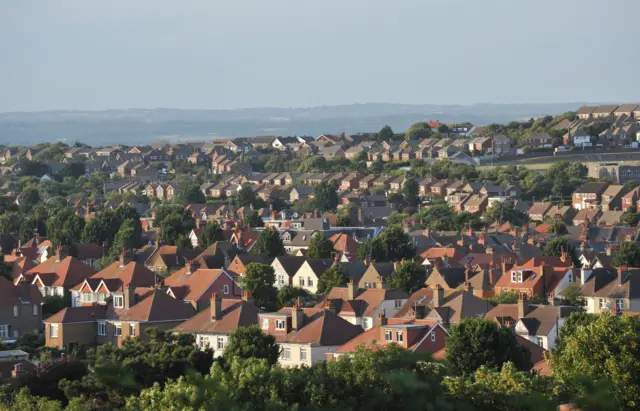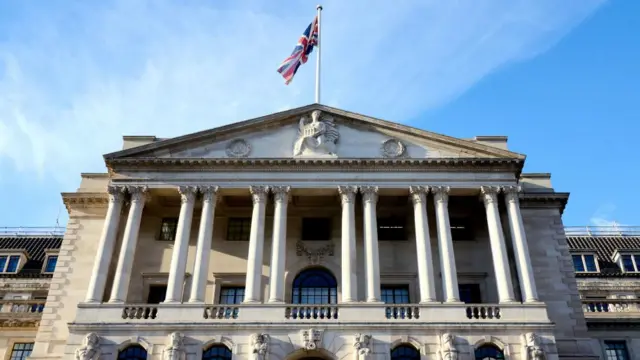Into the Bank of England’s basement…published at 10:45 GMT 2 February 2023
Dearbail Jordan
Business reporter

I’m back at the Bank of England for the first interest rate announcement since December.
And this time, it’s supersized.
As well as the latest rate decision, the Bank will release its Monetary Policy Report.
When there is a report – which is every three months – journalists are “locked in” the Bank of England’s basement for two hours instead of the usual one.
I've just descended into the depths of the Bank which look a bit like a nuclear bunker.
Journalists are then asked to put their mobile devices in a locker to prevent any leaks of the announcement.
I’ll be joining fellow reporters in a room and we'll literally be locked-in until 12:00, when the rate and the report are released to the public.
If that sounds a bit bonkers, don’t worry, the Bank always lays on tea and biscuits.
Once midday hits, the Bank gives us the wifi password and within seconds you’ll be able to read my story on the BBC website.
See you on the other side.


